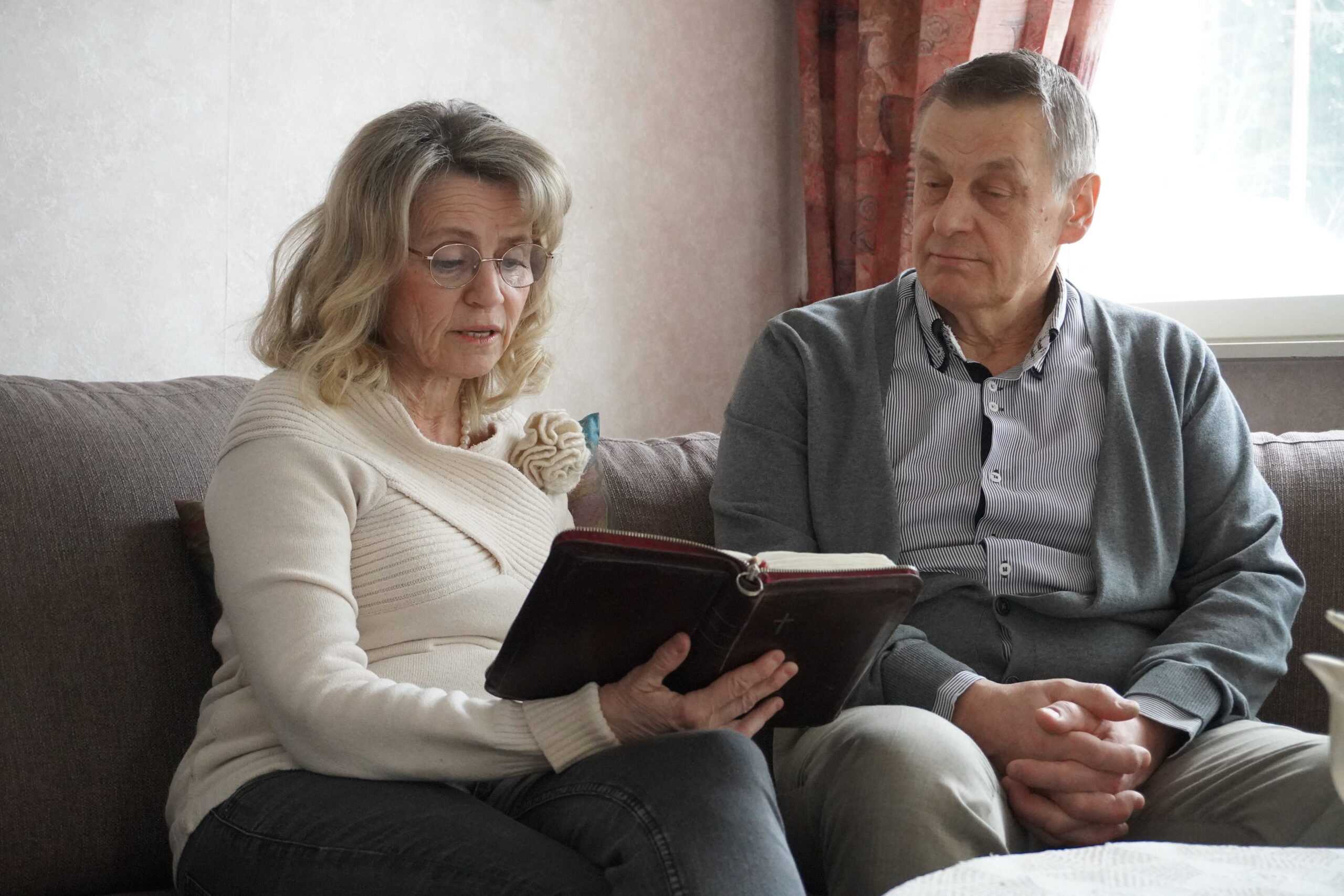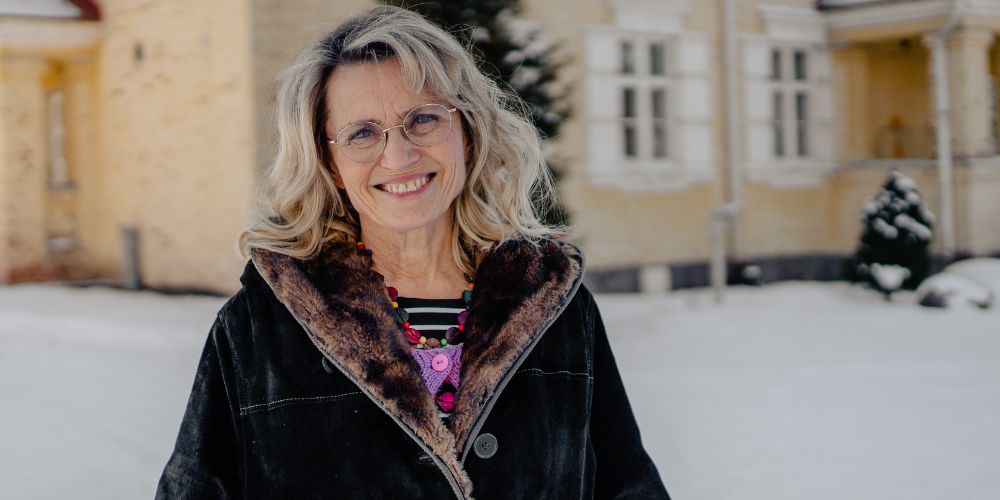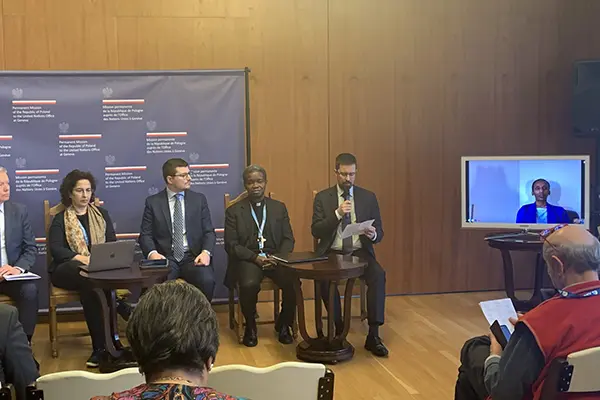STRASBOURG (15 March 2023) – Russia has been condemned by the European Court of Human Rights (ECHR) for violating the right to religious freedom and discriminating against a Christian pastor. In a judgment issued on 7 March 2023, the ECHR held that a 2016 punishment levied by Russian authorities for organizing a peaceful prayer gathering in the pastor’s house in Oryol, Russia was a clear breach of human rights.
In 2016, Donald Ossewaarde, an evangelical Christian pastor, was arrested, taken to the police station, sued, and convicted after he invited locals to his house for worship, singing, and bible study. He was fined 40,000 roubles (appr. 650 euros at the time). After the sentence was upheld by Russian courts, Ossewaarde appealed to the ECHR. ADF International supported Ossewaarde in bringing the case to the Court.
“Nobody should be discriminated against or persecuted for sharing their faith, regardless of their religion or denomination. The European Court of Human Rights has yet again affirmed that evangelization and mission work is a key, and robustly protected, element of the freedom of religion under the European Convention on Human Rights,” stated Dr. Felix Böllmann, Director of Advocacy Europe at ADF International, a human rights group that defends religious freedom worldwide.
Convicted for inviting people to prayer gatherings
Since 2005, Ossewarde, originally from Michigan, had been living with his wife in Oryol, less than 200 km from the Ukrainian border. They regularly organized prayer gatherings and communal Bible reading. On 14 August 2016, three police officers entered their home. The door was open to give anyone access who wanted to join the Sunday worship. After the service, the officers questioned the attendees. Then they ordered Ossewaarde to come to the police station for fingerprinting.
The police took Ossewaarde directly from the police station to the Zhelezhnodorozhnyy District Court in Oryol where he was convicted for carrying out missionary work.
Anti-terrorism law used to criminalize sharing one’s faith
In July 2016, Russia introduced a new anti-terrorism law, which criminalized “missionary work” by individuals in many instances. This served as the legal basis for the conviction of Ossewaarde. The law furthermore provides for higher penalties if the accused person is not a Russian citizen.
“I was unjustly punished for exercising my basic human right to speak about my faith and pray with others. My wife and I invited people into our home to sing hymns, read the Bible, and pray together. Millions of people around the world are free to do this without interference, but I was treated like a criminal and convicted under a Russian law directed at terrorists,” Don Ossewaarde recalls.
The right to religious freedom protects missionary work
In its judgment, the European Court of Human Rights has ruled that the penalty for missionary work constitutes a violation of the right to religious freedom. The Court confirmed that the “freedom to manifest one’s religion includes … the right to express one’s religious views”. Furthermore, missionary work or evangelism “is protected under Article 9 alongside with other acts of worship”.
According to the Court, sharing one’s faith is a “vital dimension of a religion” and as such worthy of highest legal protection. The Court also dismissed the distinct penalties for foreign citizens, in contrast to those for Russian citizens, as “discriminatory”. As such they manifest a violation of Article 14—the right not to be discriminated against.
Russia should serve as a warning
“I am encouraged that the Court has clearly affirmed the individual right of religious freedom, and the key importance of protecting group worship and evangelism efforts. Nobody should be criminalized for praying, or for inviting others to partake in peaceful religious gatherings. Criminalization of religion leads to tyranny. We hope and pray that the international community will pay attention to the erosion of religious freedom in Russia, and that this Court decision will prompt other countries to affirm and robustly protect the religious freedom of their people,” Don Ossewarde said.
“We enthusiastically welcome the Court’s judgment, as it makes clear that religious freedom extends to people of all faiths and beliefs who are fully entitled to speak about their convictions and invite others to join in as well. We strongly call on Russia to respect the international human rights framework in accordance with this ruling,” concluded Böllmann







